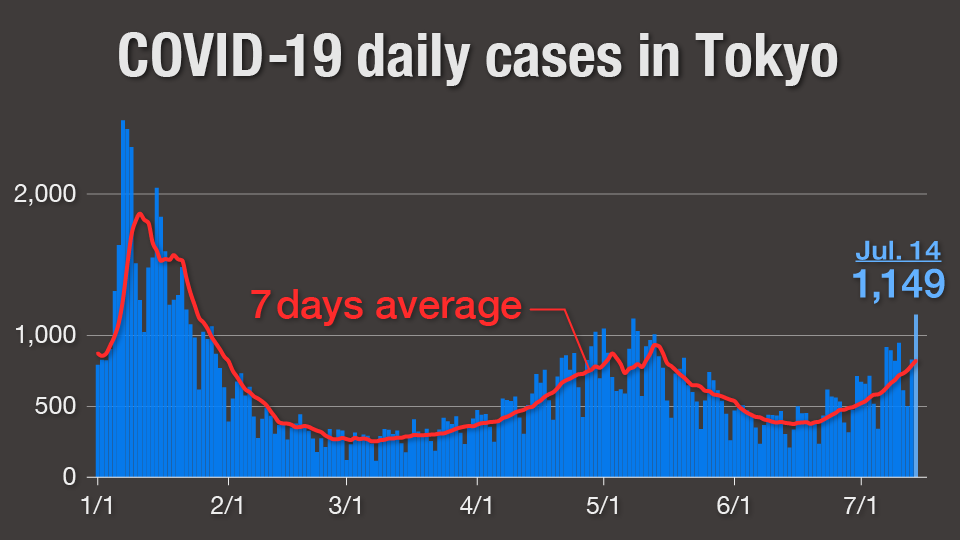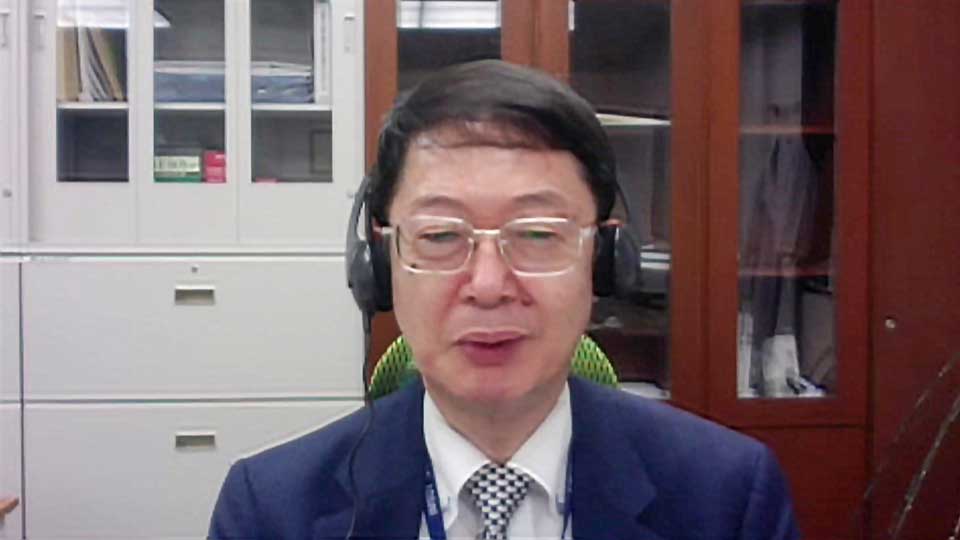The Olympics are now just a week away, but surging infection numbers in the capital underscore just how challenging it will be to host the world's biggest sporting event amid a pandemic. Tokyo's government said on Wednesday that the daily count of new cases had topped 1,100 for the first time since May 8.

By the book
Olympic organizers are hoping the village can be a COVID-free bubble, and have devised a set of protocols to govern the behavior of athletes and staff.
The so-called "Playbook" includes rules on how athletes should move between competition venues, training centers and their accommodation. It prohibits them from leaving the village for sightseeing, dining or shopping.
Organizers are also asking athletes to wear masks when they train in the village, and advising them to eat alone when possible or to sit at least two meters apart.
Watch Video 03:45
To keep the population of the village as low as possible, athletes will be allowed to check in only five days before their first competition and will have to leave within two days of finishing.
The village also features a testing facility, and everyone staying there will be required to take daily tests.
Risk to medical system
The head of the Japanese Association for Infectious Diseases, Yotsuyanagi Hiroshi, says if a cluster does break out inside that bubble, it could put a serious strain on the medical systems of Tokyo and neighboring prefectures.

"We have to think that we have entered the fifth wave in Tokyo," he says. "If infection rates speed up during the Olympics and Paralympics, it will be a serious problem."
He argues that athletes should be supervised, especially after their competitions, to ensure they comply with the Playbook's rules.
As the long and unusual preparations for the Games enter the home stretch, organizers are trying to foster more local enthusiasm, but for many people in the host city, living under yet another state of emergency, it is infection rates rather than medal counts that are the main concern.

